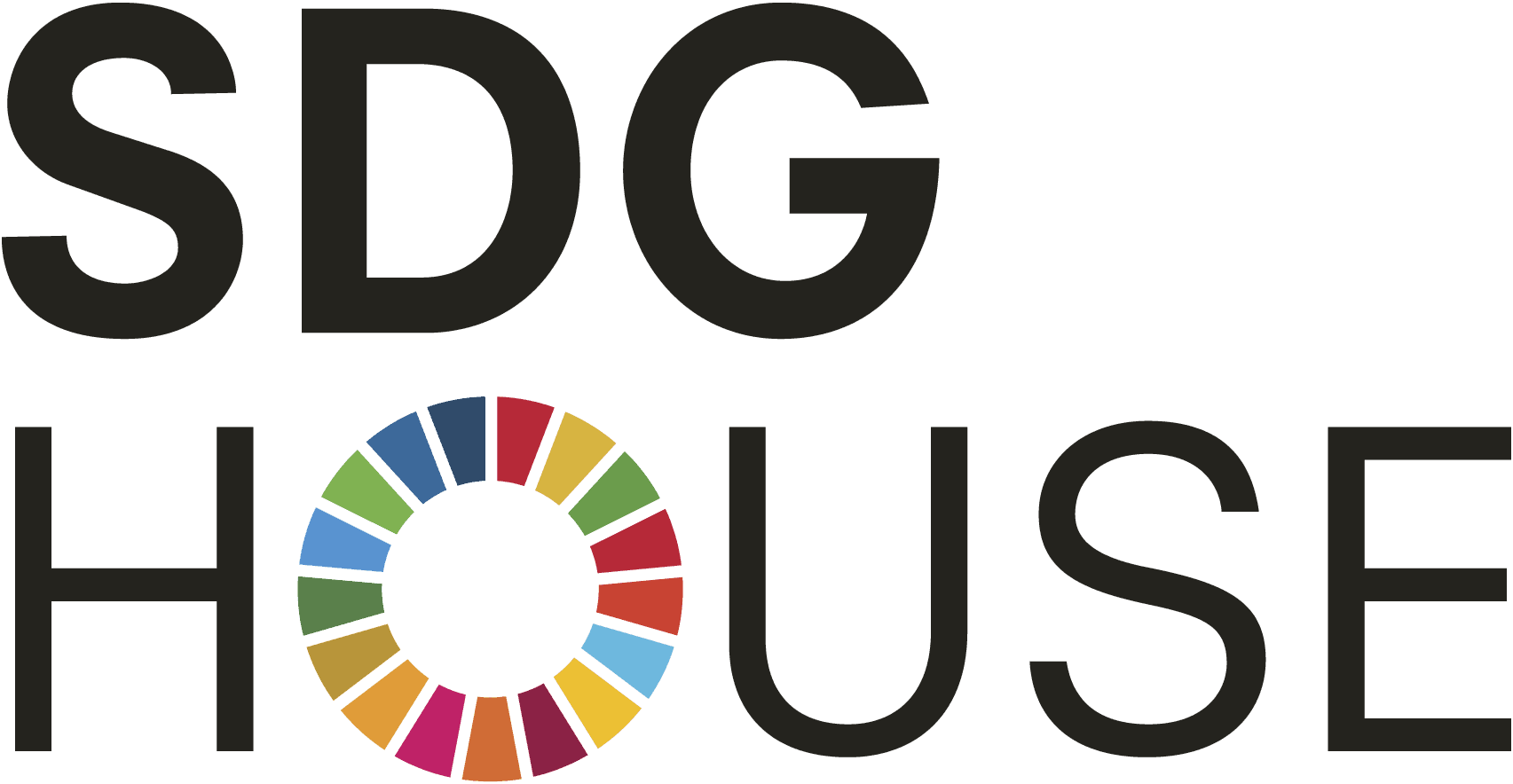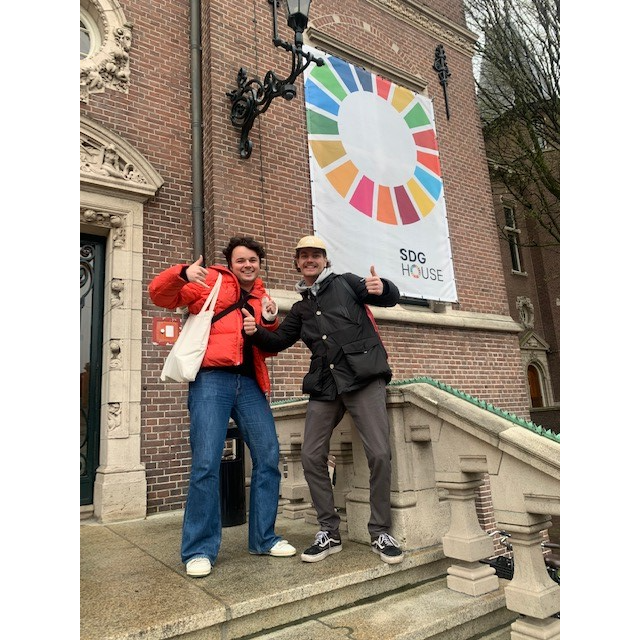SDG Talk 2 : Walk the Talk Team Chrysal
No country is currently on track to meet all SDG’s by 2030. Unfortunately, the first five years did not bring the progress we wanted. It’s going too slow. During this week’s SDG-talk we zoomed in on how this can be explained. The current SDG report argues that the global community mainly talks a lot about the SDGs, but does not invest enough in the implementation of these sustainable goals. Organizations must take more large-scale and ambitious actions to achieve the goals for 2030. One of the biggest concerns is SDG-washing and cherry-picking. Organizations still too often focus on “avoid doing harm” than on “doing good”. There are also many companies that adopt a reactive attitude instead of being proactive in achieving the SDGs. Cherry-picking refers to organizations that focus on selecting the SDGs and targets that are easy to achieve. The easy SDGs are therefore more often preferred than the difficult SDGs. For example, organizations that recycle a little can make it appear as if they are recycling completely. As a result, organizations are embracing some of the SDGs, but not all.
Sustainable development is not an easy task. Over the past five years, the urgency and awareness has increased, but there is little clarity about how we are going to do this and in which direction we are going to move. It takes for instance a lot of time to collect and coordinate data. The Un agreed upon a system of 232 indicators that should keep track of the 169 targets of the SDG agenda. But many of these indicators have yet to be developed or be made comparable across countries. This makes it more difficult to know what to steer.
In order to gain insight into the explanations for the slow change we paid attention to four actors during this week’s SDG-talk , namely government, NGOs, companies and knowledge institutions. When we take a look at the government, we see no shortage of policy intentions. The Dutch government has embraced the SDGs, but there is a so called investment gap. There is a general trend of government withdrawing. For example, the budget for development cooperation has been halved over the past ten years. So the government has a limited repertoire to achieve the sustainable goals. In addition, the government has four roles (mandating, facilitating, endorsing and partnering role) and finds it difficult to fulfill all roles adequately. There are various legislations that work against the achievement of sustainable goals. For example, there is a competition law that states that companies are not allowed to cooperate to keep “plofkippen” off the shelf. When it comes to the facilitating role, we see that subsidies are given for wind turbines, but also for nuclear energy. Policy coherence is also one of the greatest challenges for the government. For example, economic affairs is at odds with climate change. The consequence of this is that the SDGs are superficially completed and there is little nexus.
Like the government, civil society organizations are withdrawing. We see that NGOs are increasingly struggling to fulfill their roles. It is becoming increasingly difficult for them to unite citizens. This leads to NGOs implementing the SDGs defensively. This is also due to decreased confidence in companies and unequal balance of power. One of the most important steps for NGOs is determining which companies they can work with that are serious about the SDGs.
When we look at knowledge institutions, we see that they have difficulties conducting action-oriented research and remaining critical. The SDGs connect different research areas with each other and this requires interdisciplinarity. The role of knowledge institutions is to connect these areas with each other. However, we see that knowledge institutions have a difficult time doing this. As a result, the SDGs are being implemented defensively. The big challenge is to break through this and bring supply and demand together.
We cannot rely solely on the government to achieve the SDGs. Governments must take the lead in living up to their pledges, but we need the private sector to be successful. The government has a limited investment capacity. When we look at the total development financing, it pales into insignificance compared to the international investments of companies. 90% of the companies embrace the SDGs, but engagement and ownership is not yet part of the core business. As discussed earlier, companies are guilty of cherry-picking. This is partly because companies do not know how to link the SDGs to their corporate strategies. If companies can link the SDGs to their business case, it will give them a competitive advantage. An important challenge for companies in this is internal coordination. We came to the conclusion that large companies must take the lead and actually fulfill their intention. During this week’s SDG talk, we discussed two focus areas for action, namely the intention-realization gap and the nexus (partnering) challenge. Many companies are still struggling with the complexity of the goals and the targets that underpin them. Because of the complexity there is a gap between the intention and the realization. It is important that we analyze that gap. A tool for analyzing this gap is the Better business scan. A second focus area for action is partnering. The success of the 2030 agenda depends on the cooperation of governments, institutions, the private sector and civil society. It is of great importance that we work together and that we pay attention to how SDGs are interconnected.



